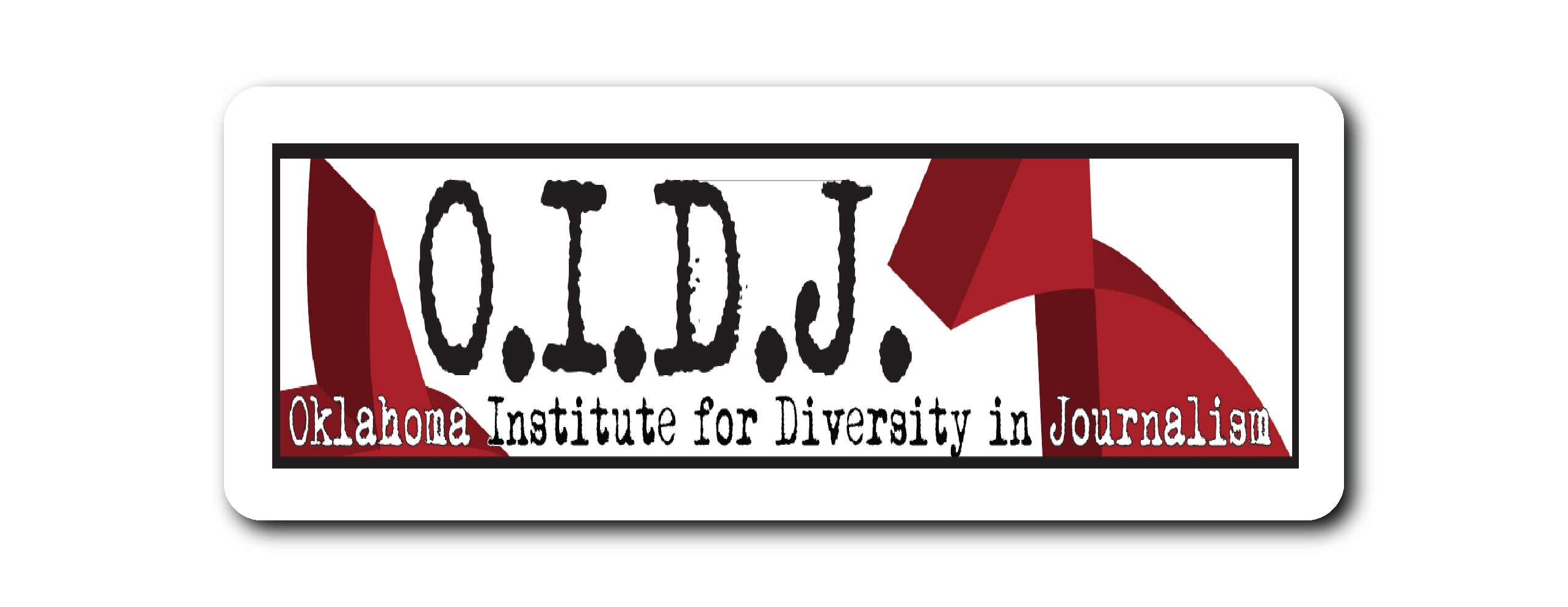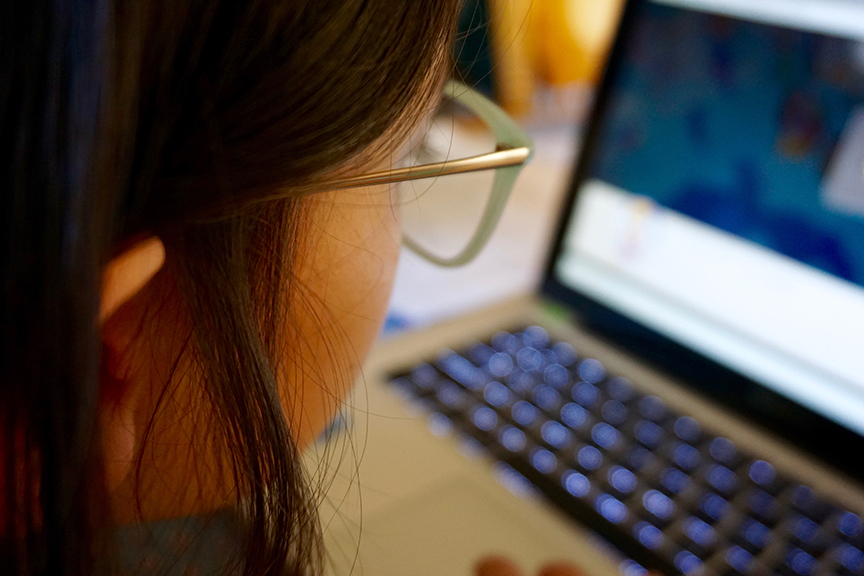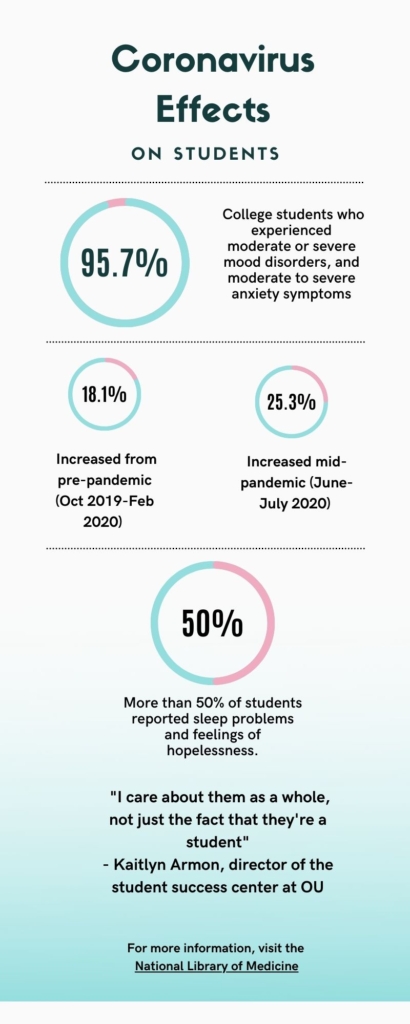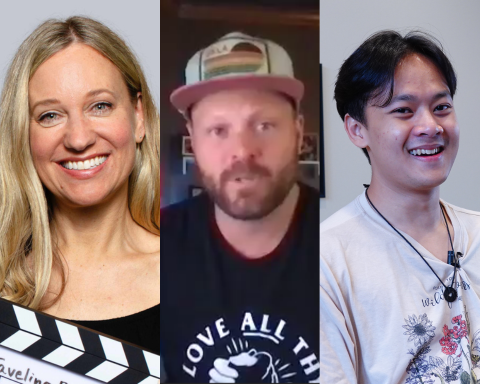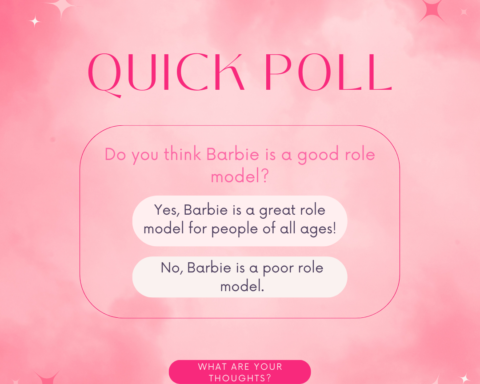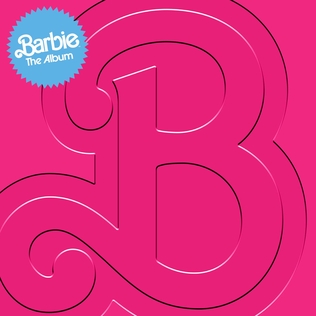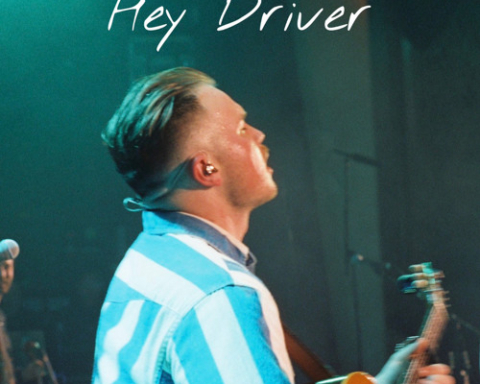By Jensen McKey, Epic Charter Schools
Students, educators, and professionals alike are coming to terms with the lasting effects of the pandemic on their studies, work and lives.
Before the pandemic, 62% of college students had never been enrolled in a virtual class. Then, in March 2020, many colleges around the country made the decision to hold the rest of the semester online over Zoom. The University of Oklahoma was no exception, moving all classes online after spring break.
Dr. Cyndi Frisby is a professor of strategic communication at Gaylord College of Journalism at OU. She was a new faculty hire at OU in fall 2019, but then had to have her classes moved online the next semester. Because of this, she had a front row seat to her students’ reaction to the pandemic, and shutdown.
“Students, faculty alike, are just really trying to figure it all out to be honest,“ Dr. Frisby said. “Moving to a new school is already stressful, but try moving, not being able to go pick out where you can live because everything shut down.”
According to a study by the National Library of Medicine, 95.7% of college students experienced moderate or severe mood disorders, and moderate to severe anxiety symptoms increased by 18.1% from pre-pandemic (Oct 2019-Feb 2020) to 25.3% mid-pandemic (June-July 2020) among first-year students attending a large public university. Along with stress over online classes, more than 50% of students reported sleep problems and feelings of hopelessness.
BoniBlu Choate is a graduating senior from University of Arkansas who started her freshman year in the fall of 2020. Her high school in Tahlequah didn’t go virtual; instead it sent all students home for the final semester. Because of this, she believes her transition into a virtual college was smoother than the average student.
“I think it did make it harder to kind of become my own person,” Choate said. “I felt like I wasn’t really a college student. I feel more like a high schooler who hadn’t really changed at all.”
One thing she — and others — had trouble with was the return to in-person learning
“I feel like everybody kind of got socially awkward, since we’ve spent so much time behind the screen and like, not really seeing anyone for so long,” said rising OU junior Callie Johnson, who was a junior in highschool when the pandemic started. “So the transition was definitely difficult for sure. Especially like, getting up and actually going to classes.”
Another difference was the rigor of classes as teachers and students alike lived through a historic event.
“I’ve talked with some people and I do think classes were easier,” Choate said “I think administrators and teachers were way more understanding during that time. Which is good because you know a lot of people are having a tough time, but because of that when it went back to-person. At least I thought that it seemed way harder.’’
The pandemic’s impacts led some to even ask if a college degree was even worth it.
Nonetheless, students still wanted to talk to recruiters like Dorion Billups, who is OU’s director of diversity enrichment programs for the office of admissions and recruitment.
“I think we just look for specific kinds of students and try our best to recruit them and help them make an informed decision,” Billups said. “We believe in our product. We have kids who are talking to us who want to talk to us. So you have to understand that like … students are not just gonna randomly talk to us if they don’t feel like it.”
Elsewhere at OU, Kaitlyn Armon is the director of the student success center, where she began working in August 2022. She saw a lot of students affected by the pandemic, and watched the large toll it took on their mental health.
“A lot of them are like, ‘Do I want to spend four years or five plus years to graduate?’” she said. “‘Do I want to spend that time here or do I want to spend that time exploring? Do I want to travel? Do I want to help people?”
“I think a lot of students are leaning more toward ways that they can be more humanitarians and college doesn’t always lend for that.”
Maddie Stivers is a rising sophomore at OU studying sociology/criminology, was a sophomore in Arapahoe High School in Denver when the pandemic started. Her school went full virtual after spring break of 2020, and didn’t return to in-person until her senior year.
She said that left her feeling unprepared for her freshman year of college.
“Everybody that went through the pandemic has kind of had to, it almost seemed like we’ve gone back a few years on how to like, you know, do schoolwork and stuff,” she said, “So I found it very challenging to stay focused in a lot of my classes.”
The pandemic changed the way people view the world, school and even the workforce.
Tevis Hillis was a senior at OU when the pandemic hit. Left reeling, Hillis waited a year to have an in-person graduation. Instead she began working as a reporter for Channel 9 in Oklahoma City less than a month after graduating, where she has worked since. Her job began in-person, with masks on, as she learned the ins and outs of the computer system, then moved to virtual, with Hillis performing interviews from home over Zoom.
“It just changed my view of how the world can work. If I’m sick, I can stay at home and still get my job done. If I need to take care of something personal I can do it from home. So that’s kind of encouraging instead of having that mindset of ‘I have to grind every single day in the office,” Hillis said.
Although 2020 was filled with negativity, there was some good that came of it too. People were going through a global pandemic together, and even though it wasn’t face to face, that forms a strong bond.
“Coming to college, it was kind of a light at the end of the tunnel. I can be out with my friends and I can actually enjoy my time rather than dreading every single day,” Johnson said.
Frisby agreed.
“I think the whole thing of finding ways to engage them,” she said. “I found all kinds of ways to engage them that were interesting.”
